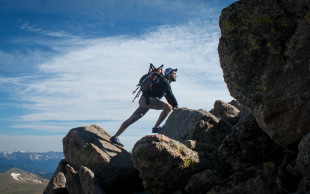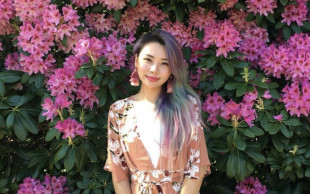18-year old Tia Louise Rozario is a track and field athlete from the Singapore Sports School and the first recipient of the Joseph Schooling Sports Grant. Having made a name for herself at such a young age, Tia has already won six gold medals with a record of 15.17 seconds for sprint hurdles at the National School Track & Field Championship. Dominating the hurdling crown, Tia has completed her nine-year streak at being at the top. Here's our conversation with Tia on her athletic journey over the years.
What’s your story and what inspired you to become a track and field athlete?
I first joined track and field 10 years ago because my friend requested I tag along to keep her company at the school track team trials. I relied on my natural talents to pull my skinny frame through the sprint test.
Upon being selected to join the team, I remember watching Lolo Jones compete to learn not just the mechanics of running and competing but also the way I should carry myself before and after each race - with confidence and pride.
One of the reasons why I chose to pursue sports while managing my studies at the same time was understanding how sports can unite a people. Watching how our national athletes are able to create a common identity and pride for Singaporeans to band together and support showed me how being successful in sports means more than just a medal for yourself, but also plays a role in helping sports to forge its place in our Singaporean culture.
The opportunity to inspire people and redefine possibilities in sports for future generations convinced me that my track and field journey can have a positive impact on others as well.
Can you share what is your typical training routine like?
I train 6 days a week, each session lasting for about 3 hours. My training regime includes weight, speed and technical training, my favourite of which being technical sessions at the sand pit where I get to work on the specific details of my technique.
After my training sessions, I will carry out my recovery routine by relaxing my muscles and consuming recovery food to ensure that my muscles will be repaired for training the next day.
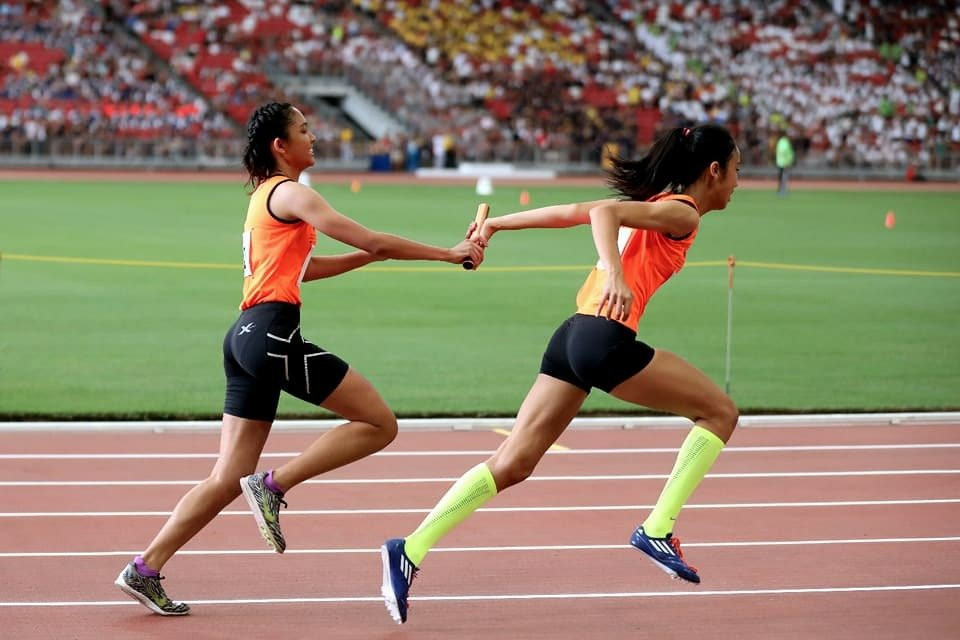
How do you feel as the first recipient of the Joseph Schooling Sports Grant?
It is an absolute honour receiving this grant from Joseph Schooling and his family. As the first recipient, I am an ambassador for this grant and The Eurasian Association. It excites me, as this gives me the opportunity to set a good example for other young Eurasians who might be considering pursuing sports seriously.
I love the Eurasian community in Singapore for its warmth and cohesiveness and am thus thrilled to be given this opportunity to hold this position within my community. It also helps me to overcome the moments of self doubt which I encounter by reminding me that if an Olympic champion can believe in me, so should I.
What were some of the toughest challenges you’ve faced and what motivates you to keep pushing on?
It has been a struggle balancing sports and studies throughout my journey as a student athlete, especially when I hit a rough patch in my competition season or when the class assignments start piling up. Trying to navigate through prioritising some commitments above others can seem overwhelming at times.
In situations like this, I draw comfort from by family and friends who understand my struggles and support me morally, and find strength from within to take it day by day. My motivation comes from my heart, and from by desire to want to make the people who have supported and cared for me through my successes and defeats proud.
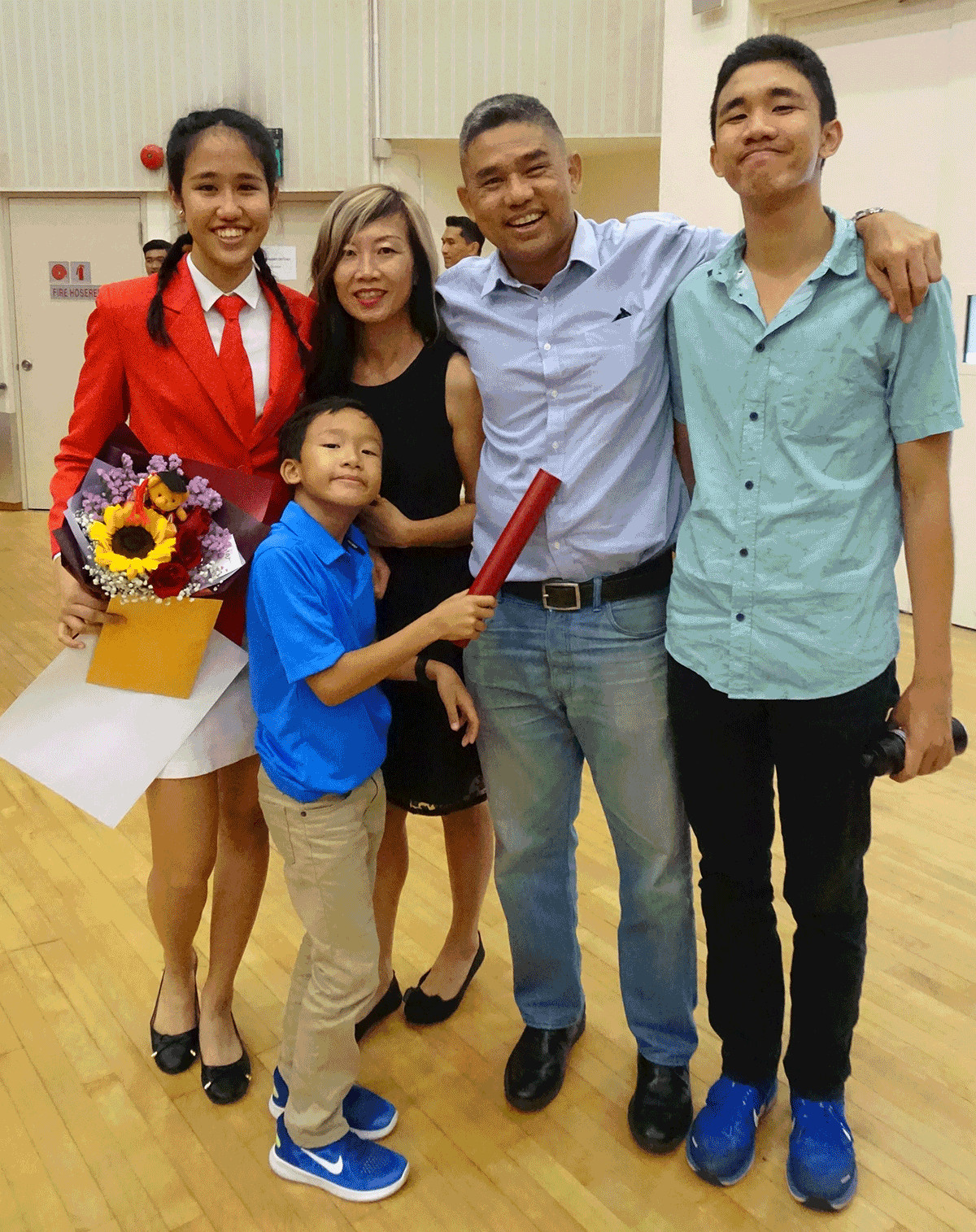
How do you handle the competitive pressure, especially during important events?
As I get stronger and my performances on the track improve, my confidence grows and my experience helps me to adapt to different kinds of stressful situations. However, expectations of what I can achieve or pressure on me to defend a title can get overwhelming at times.
For me, the right amount of pressure gets my adrenaline pumping and fuels the fire inside me. However, competitive pressure is a double edged sword, and can quickly turn into something that has a negative impact on your performance if you do not respond to it appropriately.
My solution is a deep breath and a silent prayer to help me feel more secure and stay focused. I will look for my coach, family or friends in the crowd to remind myself that they believe in me, and that I want to make them proud.
Who are your role models?
Joseph Schooling has always been a big inspiration for me. The sacrifices he made and defeats he came back from gave me the courage to commit myself to my Olympic dream.
Dipna Lim has also been a role model to me. Apart from being an Olympian, she I admire her heart for the community. She started the ‘In My Shoes SG’ campaign which recycles shoes to help make sports more accessible for more Singaporeans. I hope that I will be able to give back to the community in the future like Joseph and Dipna have.
My older brother Ethan is my role model, in that even though he is not as competitive in sports, he makes everything he excels in look easy. It is a little annoying when he beats me in everything we compete in but he is always a good sport about it and shows me new ways to improve. He never rejects my requests for help or advice no matter how busy he might be, and is always there to teach me how to handle things one step at a time. He is patient and intelligent, which has helped me to develop a more positive mindset when encountering problems by believing that there is always a solution as long as I take a step back and reevaluate the situation.
With this year’s International Women’s Day theme as #BalanceForBetter to celebrate women’s achievements and raise awareness about bias, what are your thoughts on forging a more gender-balanced world?
It is necessary that we do our part to identify and tackle the disparities when it comes to the treatment of different genders in society. Biases based on false assumptions or stereotypes of gender blur society’s vision of others hard work and achievements, denying individuals of opportunities they deserve just because of their gender.
It is important that women's achievements are celebrated and commended to show other women what strong women are capable of. It allows the image of strong women amongst us to be established within society and make their presence known.
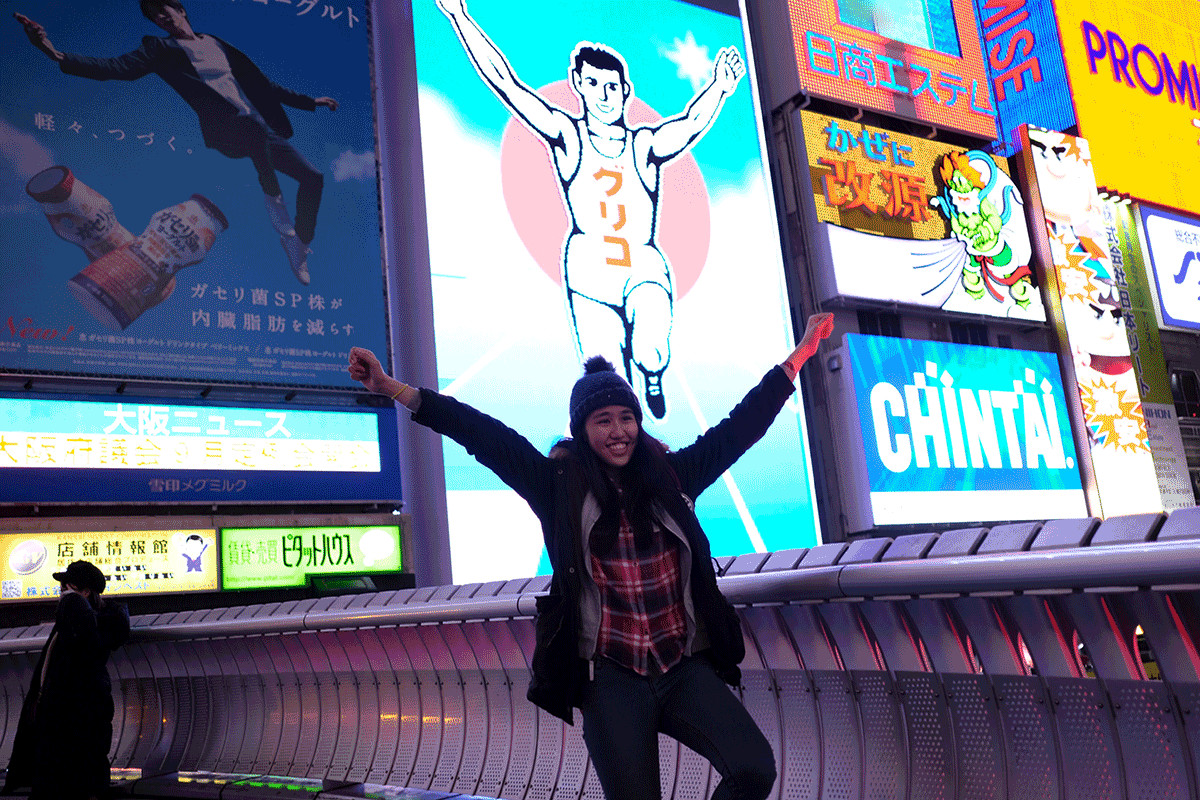
The emphasis on balance sends an important message to us that female empowerment is not about establishing superiority over men but rather about reinforcing that we are not inferior and that we are, in fact, stronger and more capable than we comprehend.
What do you think about gender equality in sports?
Sports is one of the areas where mindsets are not as easily changed due to the biological difference between physical built male and female athletes. Sports is often linked to masculinity and while it might be true that our genetic make up cannot be changed, it does not mean that women should be any less engaged in sports than men just because of the physical ‘disadvantage’.
The world of sports should be a welcoming safe space where both men and women are given equal opportunity to participate, and equal recognition for their achievements.
If you were to give advice to your younger self, what would it be?
The biggest piece of advice I would give to my younger self would be to embrace failure.
Nobody likes to lose, but it is important that we allow our losses to shape us and not define us. Taking mini defeats into your stride is part and parcel of being an athlete, and what makes the difference between a good athlete and a great athlete is that the great athlete is not shaken by intimidation or inferior performances.
She walks into every competition knowing that she is only going to be an even better athlete after the race, regardless of the outcome.
What are your future aspirations and where do you see yourself in 5 years?
I am aiming to qualify for and compete in the 2024 Olympics. In 5 years, I see myself as a matured university graduate who made sacrifices to train and compete at a high level whilst completing her undergraduate degree. I see a strong woman who might have stumbled here and there along her journey but remained committed to chasing her olympic dreams.


